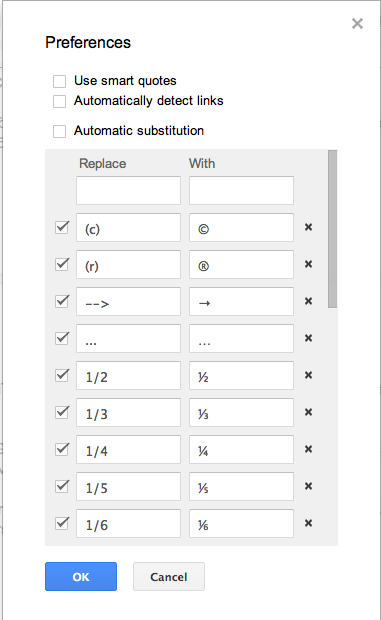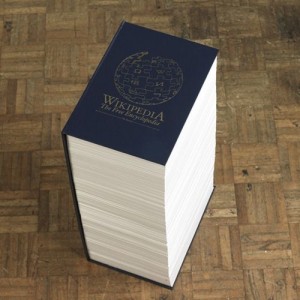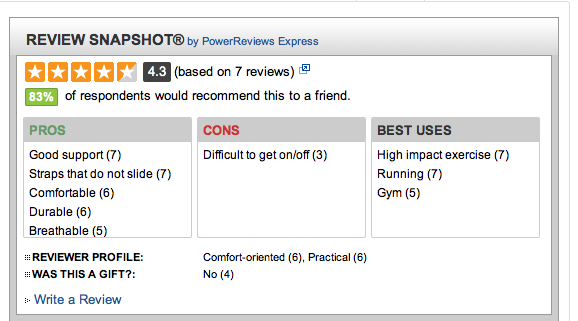Last March ((March 28, 2012)) I gave a reading group talk about knowledge representations of online disputes:
Titled “Turning social disputes into knowledge representations”, the talk was based primarily on two papers:
- Toni and Torroni. Bottom-up Argumentation. In: First International Workshop on the Theory and Applications of Formal Argumentation 2011 (TAFA), 16-22 July, 2011, Barcelona, Spain. http://www.doc.ic.ac.uk/~ft/PAPERS/tafaPT.pdf
- Benn, Buckingham Shum, Domingue, and Mancini. Ontological Foundations for Scholarly Debate Mapping Technology. In: 2nd International Conference on Computational Models of Argument (COMMA ’08), 28-30 May, 2008, Toulouse, France. http://oro.open.ac.uk/11939/
Online argumentation, and particularly knowledge representation from argumentation, is the overarching theme of my dissertation at DERI and as I get together the overall argument, I’ve been looking through my old slidedecks. My previous reading group talk, from November 2011, was about Using Controlled Natural Language and First Order Logic to improve e-consultation discussion forums, based on several papers by Adam Wyner and his colleagues; more recently Adam and I have started a fruitful collaboration, funded in part by the COST action on argumentation and a Short-Term Travel Fellowship from Science Foundation Ireland.




